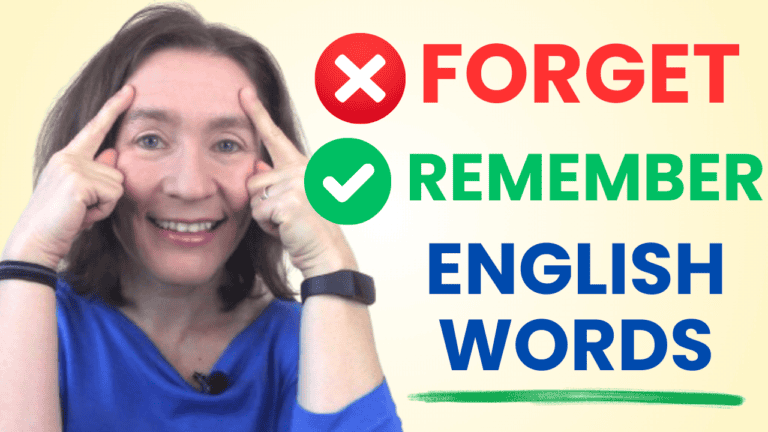Have you heard the song “Hit the Road, Jack”? It’s a popular R&B tune famously recorded by Ray Charles in 1960. Hit the road is a colloquial expression that means to leave a place or to begin a journey. For example, if you and your friends are taking a trip to a friend’s house, you could say, “Let’s hit the road – we don’t want to be late!”
In addition to being a fun and upbeat song, “Hit the Road, Jack” has plenty of examples of contractions that are commonly used in informal speech and writing. Listen to the song and read the lyrics below; then, we’ll take a look at some of the contractions that are used.

Don’t = Do + not
Didn’t = Did + not
Can’t = Can + not
Hit the road, Jack, and don’t you come back no more
Whoa woman, oh woman, don’t treat me so mean
I didn’t understand you
You can’t mean that!
When the word not is attached to an auxiliary or modal verb such as do or can, it forms a contraction, like in the above examples. The lyrics to “Hit the Road, Jack” highlight the use of don’t as a negative command, as in “Don’t treat me so mean!”.
In commands, we usually omit the pronoun “you”. However, in informal speech, you can include it to add extra emphasis, as in the following sentences:
Don’t eat any cookies. = normal command
Don’t you eat any cookies! = strong command
I want to mention one more thing about the pronunciation of don’t you. In “Hit the Road, Jack”, Ray Charles combines the two words, so it ends up sounding like “don-chu”. This pronunciation is commonly used when the word “you” follows a contraction ending in -n’t, such as won’t you (“won-chu”) or wouldn’t you (“woulden-chu”).
I’ve = I + have
I’ll = I + will
I’d = I + would
You’re the meanest old woman that I’ve ever seen
I guess if you said so / I’d have to pack my things and go
I’ll be back on my feet one day
When a pronoun (e.g., I, you, he, she, it) is followed by the auxiliary verb have or the modal verbs will and would, it can form a contraction. Note, however, that when “have” is used as a main verb, it cannot form a contraction:
I’ve/I have traveled all around the world.
“Have” is an auxiliary verb in this sentence, and thus you can use a contraction.I have/I’ve ten dollars in my pocket.
“Have” is a main verb here, and therefore a contraction cannot be used.
You’re = You + are
You’re the meanest woman that I’ve ever seen
When a pronoun (e.g., I, you, he, she, it) is next to a present-tense form of to be (e.g., am, are, is, are), it can also form a contraction. Note that you’re, which means “you are”, is different from your, which indicates possession. This difference is illustrated in the below examples:
You’re a good person.
Your friend is a good person.
It’s = It + is/has
I don’t care if you do, ’cause it’s understood
As stated above, pronouns and present-tense forms of “to be” can form contractions. The contraction it’s (as well as he’s and she’s), however, can mean both it is and it has, when “has” is an auxiliary verb. See this distinction in the below examples:
It’s almost midnight.
= It is almost midnight.It’s been six hours since I saw him.
= It has been six hours since I saw him.
It’s also worth noting that it’s is different from its in the same way that “you’re” is different from “your”: it’s means “it is” or “it has”, whereas its shows possession, as in the following contrast:
It’s a cute dog, and its fur is brown.
Ain’t = am not, is not, are not, have not (informal)
You ain’t got no money; you just ain’t no good.
Ain’t is used in extremely informal speech, and should be used sparingly. However, it is fairly common in popular songs, and it can mean a variety of things, as you can see in the below examples:
I ain’t kidding. = I am not kidding.
That ain’t a good idea. = That is not a good idea
You ain’t thinking clearly. = You are not thinking clearly.
I ain’t done anything wrong. = I have not done anything wrong.
In “Hit the Road, Jack”, you can tell that Ray Charles is speaking very informally because he uses double negatives: he says “You ain’t got no money” instead of “any money”. Double negatives are common in very informal speech, but should be avoided in most contexts. Similarly, “Don’t you come back no more” uses a double negative. “Don’t you come back anymore” would be a more grammatically correct version, but it doesn’t sound quite as catchy that way, does it?
Songs are a great way to learn English, as they are fun and catchy, and they show you how people actually speak. I hope you’ve enjoyed listening to “Hit the Road, Jack”, and that it’s taught you something about contractions!
 Paul is an English teacher living in Buenos Aires, Argentina. He writes on behalf of Language Trainers, a language tutoring service offering personalized course packages to individuals and groups. You can check out their free English level tests and other language-learning resources on their website. Feel free to visit their Facebook page or contact paul@languagetrainers.com with any questions.
Paul is an English teacher living in Buenos Aires, Argentina. He writes on behalf of Language Trainers, a language tutoring service offering personalized course packages to individuals and groups. You can check out their free English level tests and other language-learning resources on their website. Feel free to visit their Facebook page or contact paul@languagetrainers.com with any questions.









